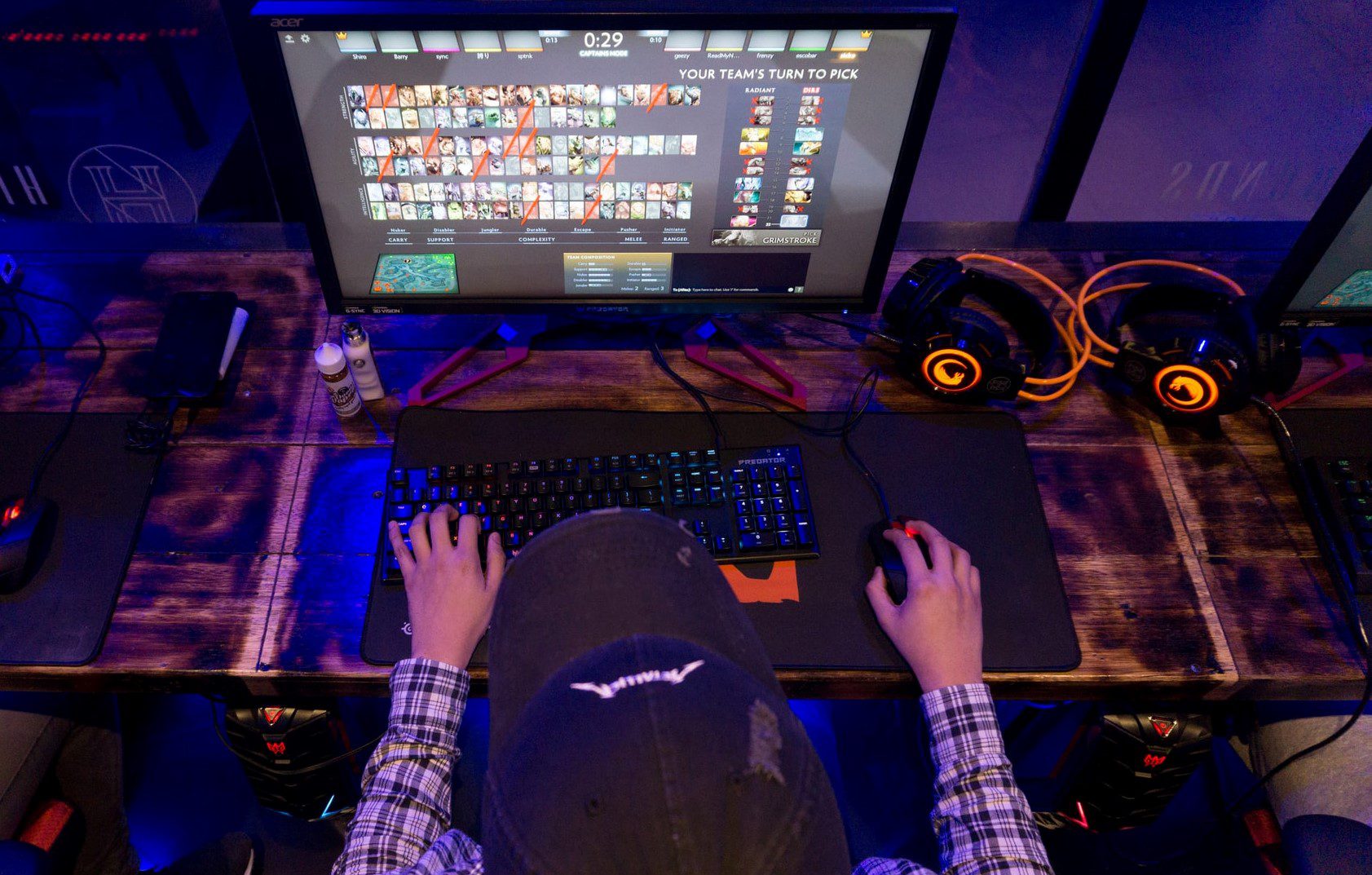As artificial intelligence (AI) continues to advance at an unprecedented pace, there’s been much speculation about its impact on various industries, including software development. With AI becoming increasingly adept at automating tasks and performing complex functions and already replacing a lot of people in their craft, some wonder: is AI replacing programmers?
Augmenting Programmer Capabilities
Rather than outright replacing programmers, AI is more commonly seen as a tool for augmenting their capabilities. AI-powered tools and platforms assist programmers in various tasks, such as code generation, debugging, and optimisation. By automating repetitive or mundane aspects of programming, AI frees up developers to focus on more creative and high-level problem-solving tasks, enhancing overall productivity and efficiency.
Streamlining Development Processes
AI technologies like machine learning and natural language processing have the potential to streamline software development processes. For instance, AI algorithms can analyse vast amounts of code to identify patterns, detect bugs, and suggest improvements. Additionally, AI-powered systems can automate testing procedures, speeding up the development lifecycle and reducing time-to-market for software products.
Impact on Entry-Level Programming Tasks
While AI holds promise for simplifying certain programming tasks, its impact on entry-level programming roles remains a subject of debate. Some argue that AI may automate basic coding tasks, making them more accessible to non-programmers and reducing the barrier to entry into the field. Others caution that reliance on AI for fundamental programming tasks could hinder the development of foundational skills and critical thinking among aspiring programmers.
Evolving Nature of Programming Roles
As AI technologies continue to evolve, the nature of programming roles is also evolving. Programmers are increasingly required to possess interdisciplinary skills, including proficiency in AI and machine learning concepts. Rather than being replaced, programmers who adapt to embrace AI-driven tools and methodologies are poised to thrive in a rapidly changing technological landscape.
Collaborative Partnership
Ultimately, the relationship between AI and programmers is best viewed as a collaborative partnership rather than a zero-sum game. AI technologies complement the expertise and creativity of human programmers, enabling them to tackle complex challenges and innovate more effectively. By embracing AI as a valuable tool in their toolkit, programmers can leverage its capabilities to push the boundaries of what’s possible in software development.
While AI has the potential to revolutionise certain aspects of software development, its role in replacing programmers remains limited. Instead, AI serves as a powerful ally, augmenting programmer capabilities, streamlining development processes, and driving innovation. By fostering a collaborative partnership between humans and machines, we can harness the full potential of AI to propel the field of programming into new and exciting frontiers.
